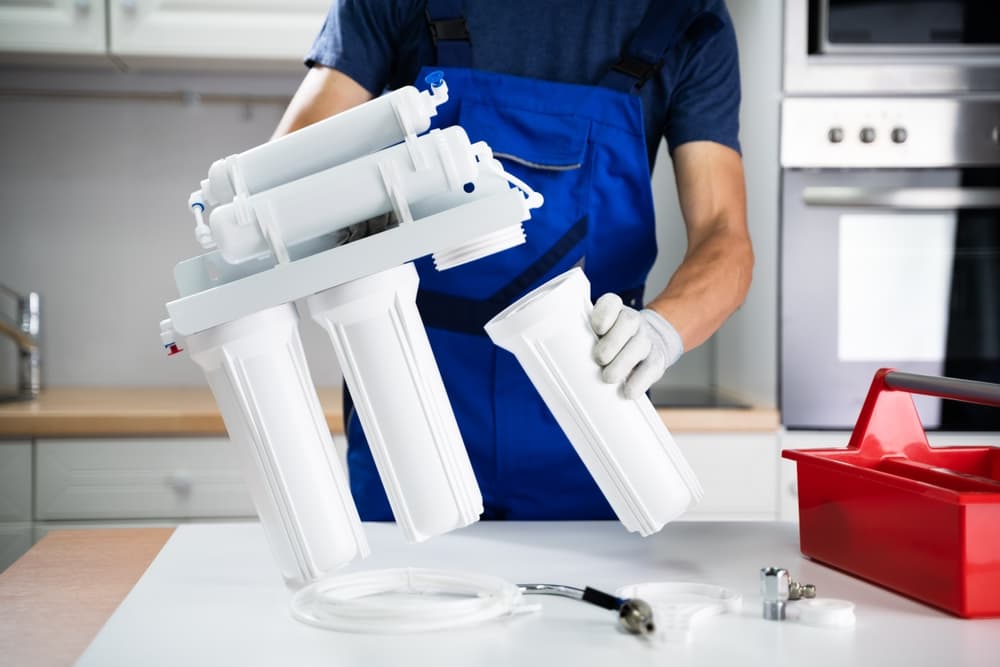
Clean water isn’t just about ensuring a refreshing drink. Rather, it’s about safeguarding the health of those who drink it. In a commercial setting — where water is utilized in various capacities — the stakes are higher as impurities can affect the taste, odor and even the safety of beverages and food products. This is where water filters come into play, serving as essential components of commercial refrigeration systems to maintain water quality.
These water filters act as gatekeepers, trapping sediments, chemicals and other contaminants that can compromise water quality. This is particularly vital in industries such as food service, where water is not only a component of recipes but also used for ice making, coffee brewing and beverage dispensing as well as sanitation purposes.
Below, we’ll go over how often to change a water filter and other advice on optimizing the performance of your establishment’s refrigeration equipment.
Factors Influencing Refrigerator Water Filter Replacement Frequency
First, it’s important to note that the frequency at which water filters should be changed depends on several factors including:
- Type of filter: The water filter lifespan varies by type and brand. Some may last longer than others depending on their design and filtration capacity.
- Water usage: Higher water usage will necessitate more frequent changes as the filter will trap more contaminants over time.
- Quality of source water: If the source water is heavily contaminated, filters may clog faster, requiring replacements more often.
Refrigerator Filter Replacement Guidelines
One of the key considerations in maintaining water quality is determining how often to change the water filter in commercial refrigeration systems. While there’s no one-size-fits-all answer, here are some general guidelines:
- Manufacturer recommendations: The manufacturer typically provides guidelines on the water filter cartridge lifespan. These recommendations are based on factors such as the filter’s capacity, flow rate and efficiency. It’s essential to adhere to these standards to maintain water quality and prevent equipment malfunction.
- Industry standards: Adhering to industry standards and guidelines can provide a baseline for filter replacement schedules. Consulting with regulatory bodies or industry associations could offer valuable insights as well.
- Water quality testing: Regular testing of water quality can help businesses assess the effectiveness of their filtration systems and determine whether filter replacement is necessary. Testing can identify changes in water composition — such as increased levels of contaminants or decreased filtration efficiency — prompting timely filter replacement.
- Usage patterns: Water filter lifespan may also depend on the volume of water usage and the intensity of use. Businesses with high water consumption or continuous operation may need to replace filters more frequently to guarantee consistent water quality and performance.
- Visual inspection: Visual inspection of the filter and the cartridge can provide clues about its condition and effectiveness. Signs such as discoloration, clogging or visible contaminants indicate that the filter may need replacement, even if it hasn’t reached the recommended interval.
- Monitoring performance: Keeping an eye on the filter’s performance is key. Signs such as a change in water taste, reduced flow rate or pressure fluctuations can indicate that it’s time for a replacement.
Iron Mountain Refrigeration’s Water Filtration Solutions
Ensuring clean water in your establishment is not just about meeting regulatory requirements; it’s about upholding the standards of your business and doing everything you can to enhance the satisfaction of your customers.
At Iron Mountain Refrigeration, we understand the importance of clean water for your operations. That’s why we offer a range of high-quality commercial water filters designed to meet the needs of industrial refrigeration systems. Visit our website today to browse our selection and keep your business’s water clean and properly maintained!



















